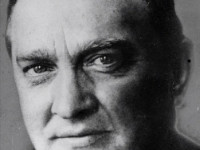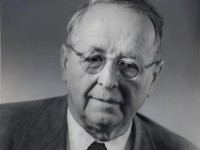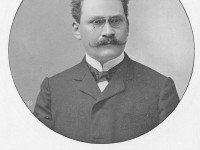Emmy Noether and the Love for Mathematics
On April 23, 1882, German mathematician and physicist Emmy Noether was born, who is best known for her groundbreaking contributions to abstract algebra and theoretical physics. Albert Einstein called her the most important woman in the history of mathematics, as she revolutionized the theories of rings, fields, and algebras. “My methods are really methods of working and thinking; this is why they have crept in everywhere anonymously.” Letter to Helmut Hasse (1931)…
Read more











